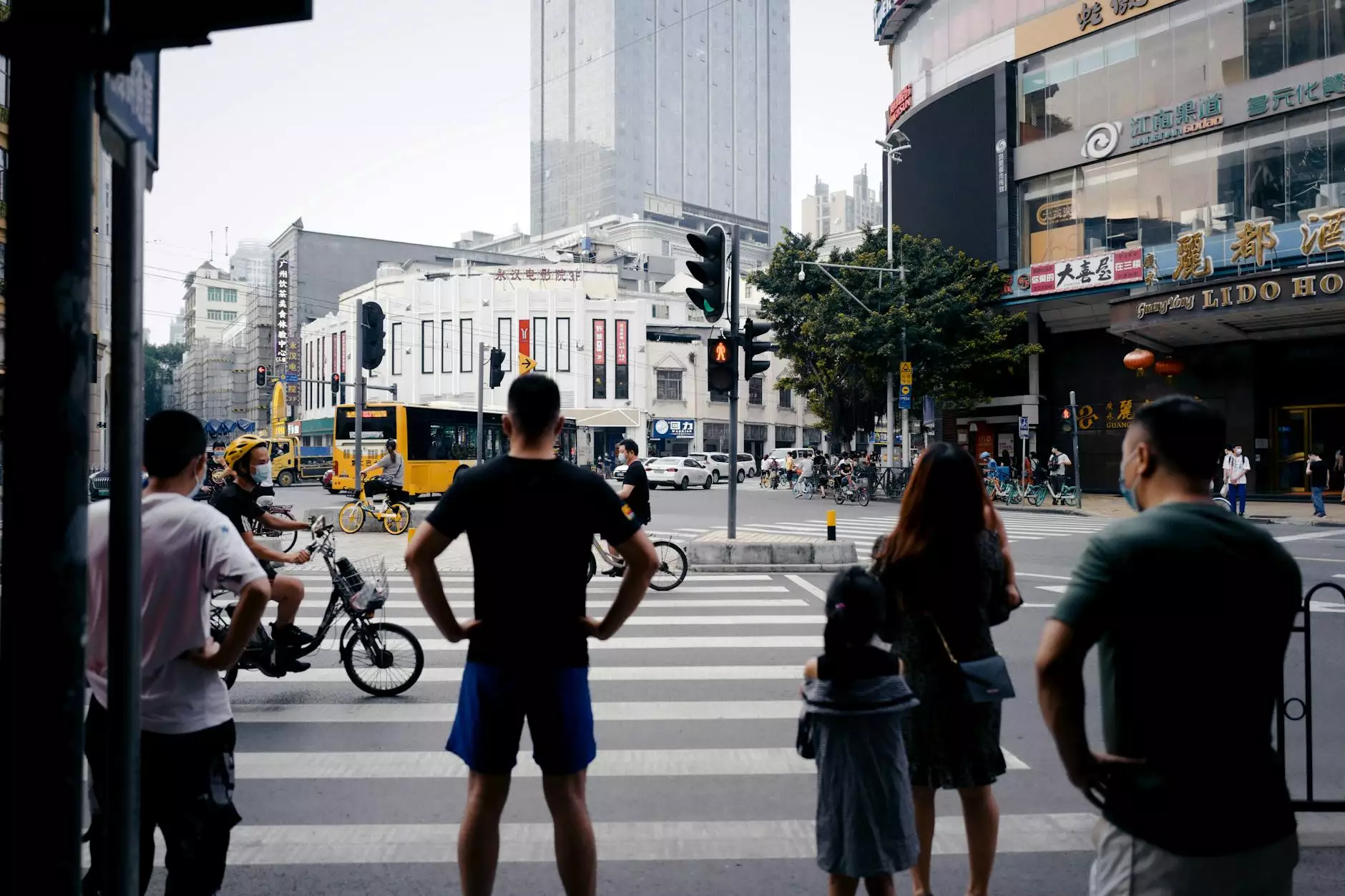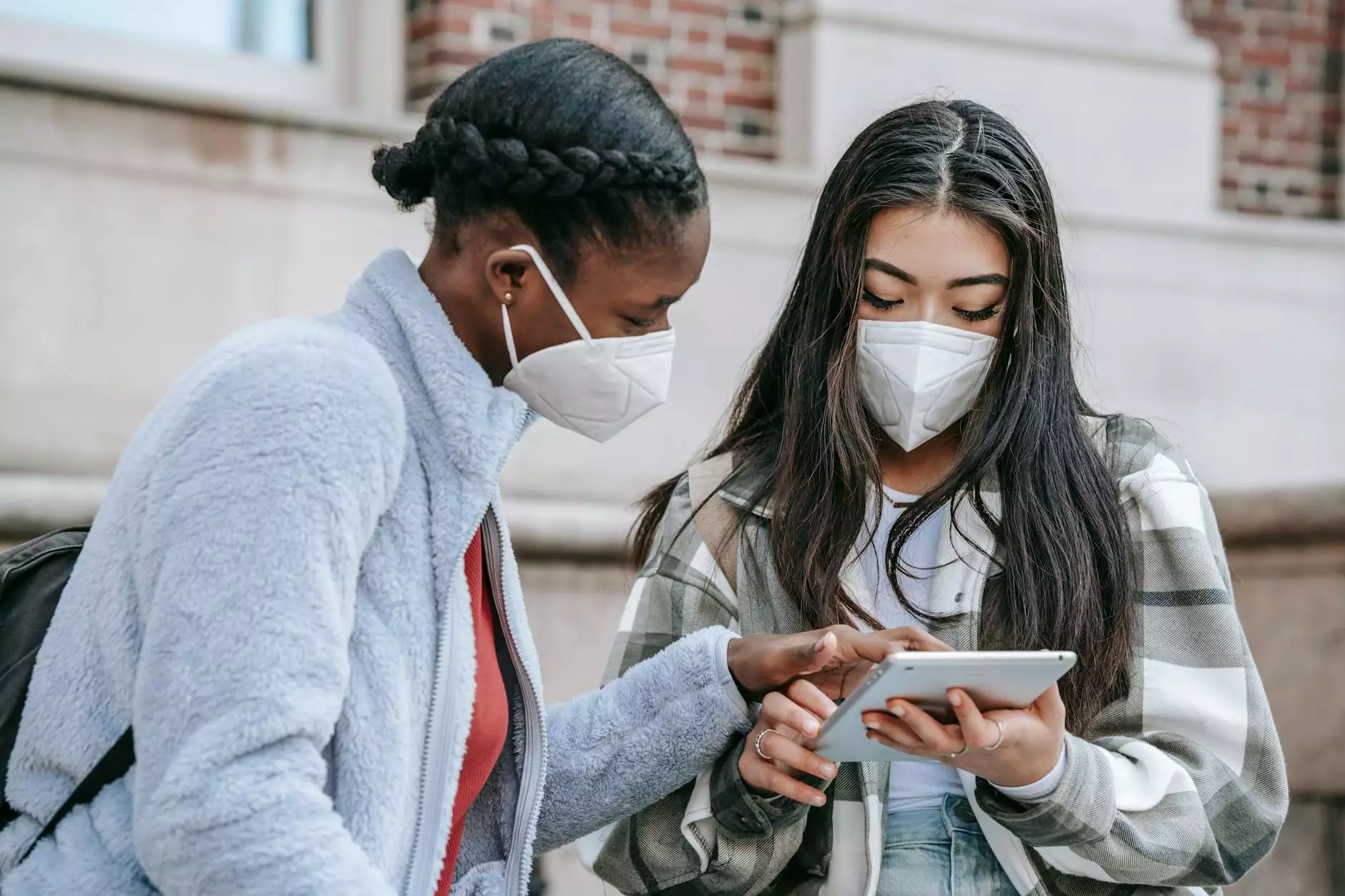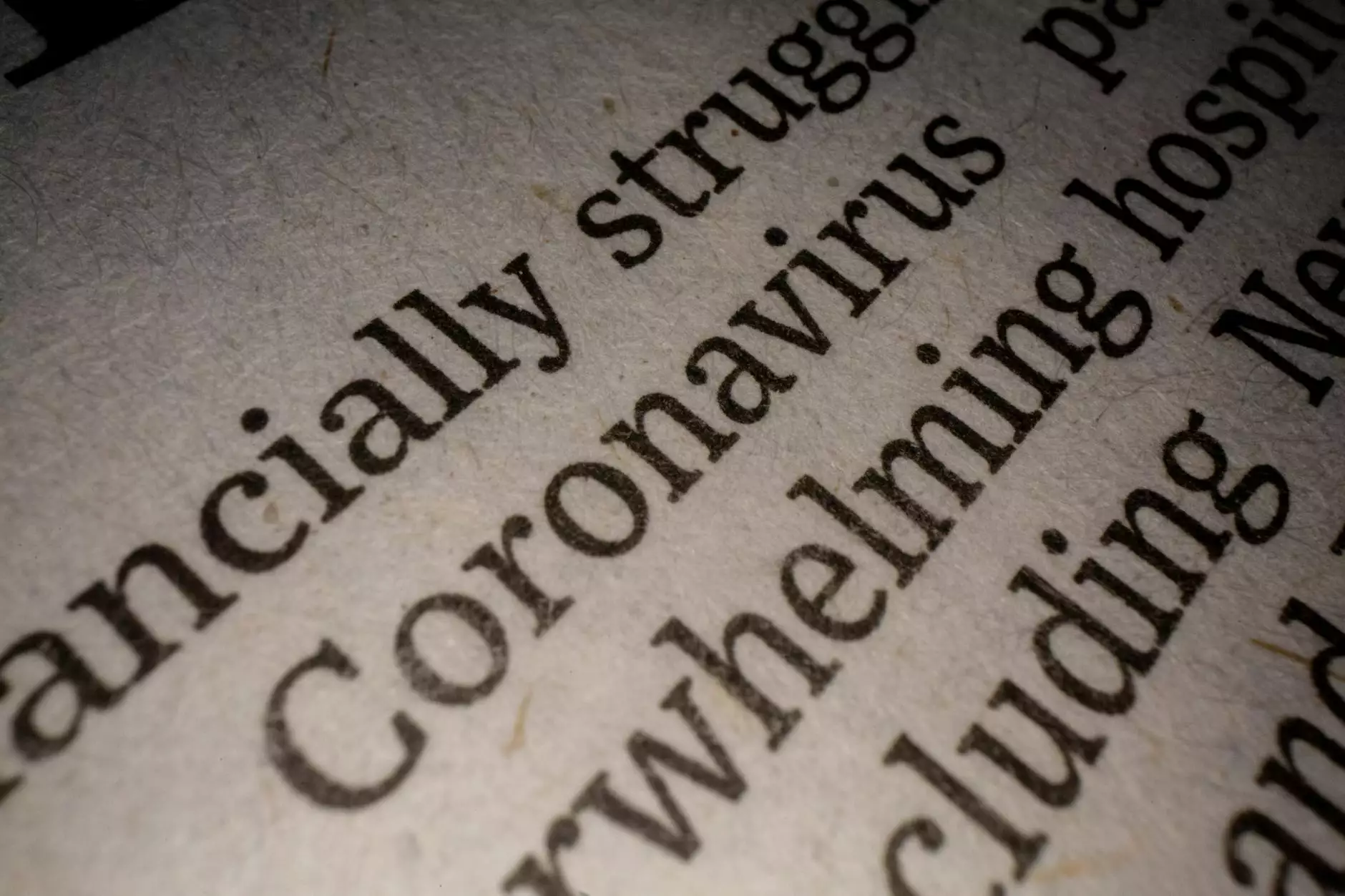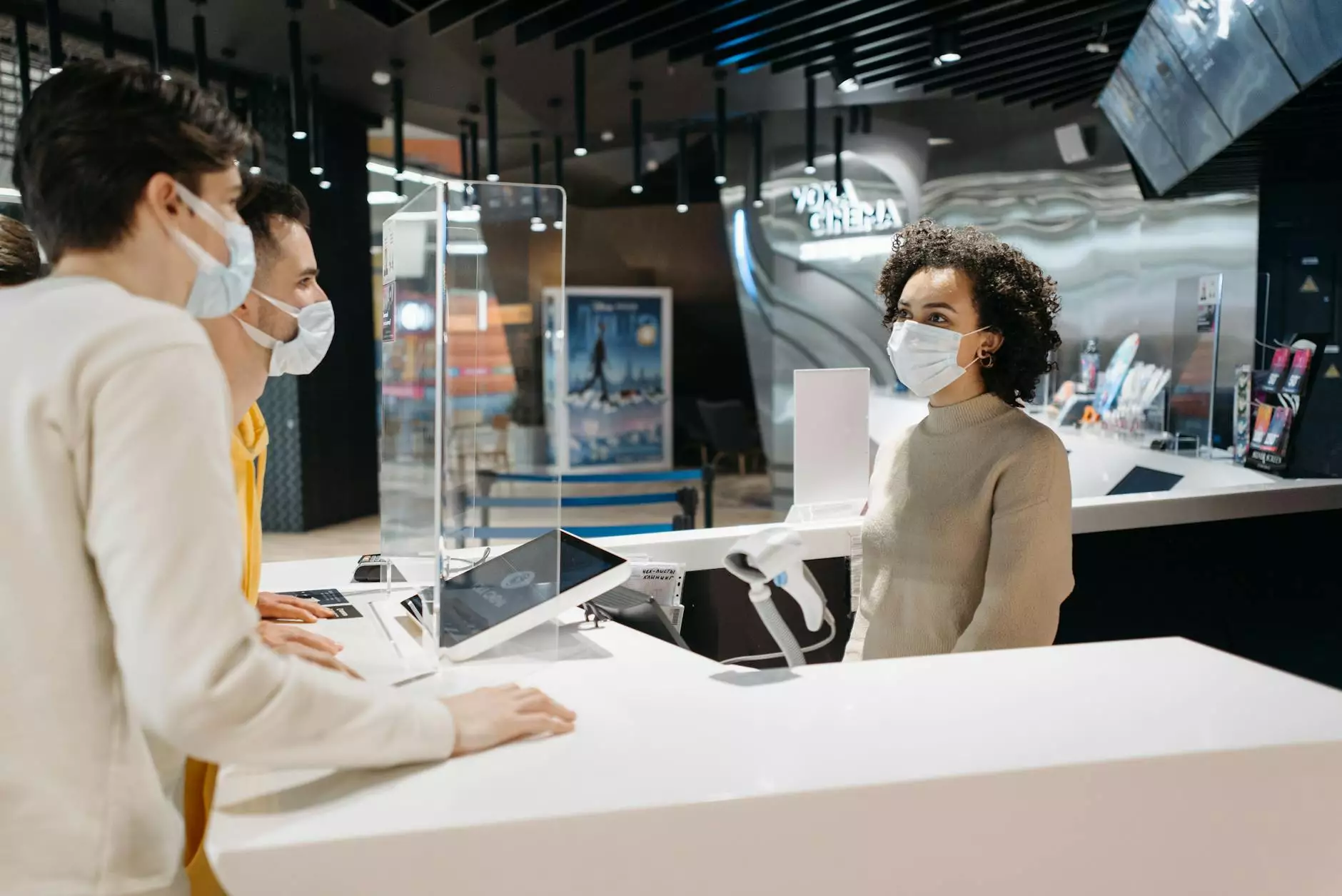Bicycle and Pedestrian Safety

Introduction
Welcome to our comprehensive guide on bicycle and pedestrian safety. In this article, we will provide you with essential tips and guidelines to ensure a safe and enjoyable experience when cycling or walking on the roads. Whether you are commuting, exercising, or simply going for a leisurely stroll, it's important to prioritize safety to prevent accidents and potential injuries.
Why is Bicycle and Pedestrian Safety Important?
Bicycle and pedestrian safety is of utmost importance due to the increasing number of accidents involving cyclists and pedestrians. As the number of vehicles on the roads continues to rise, it becomes crucial for individuals to be aware of safety measures that can help prevent collisions and protect their well-being.
Essential Bicycle Safety Tips
When it comes to bicycle safety, there are several key aspects to consider. Following these tips will significantly reduce the risk of accidents and ensure a safer biking experience:
1. Wear a Helmet
Always wear a properly fitting helmet to protect your head in case of a fall or collision. Make sure the helmet meets safety standards and is worn securely.
2. Check Your Bicycle
Regularly inspect your bicycle to ensure it is in good working condition. Check the brakes, tires, and gears before every ride, and make necessary repairs or adjustments as needed.
3. Obey Traffic Rules and Signals
Follow all traffic rules, including traffic signals, stop signs, and lane markings. Signal your turns and use hand signals to communicate your intentions to drivers and other cyclists.
4. Be Visible
Wear brightly colored clothing and use reflectors or lights to make yourself more visible to drivers, especially when riding during low-light conditions or at night.
5. Stay Alert
Keep your eyes and ears open, and remain aware of your surroundings at all times. Watch out for vehicles, pedestrians, and potential hazards on the road.
Pedestrian Safety Guidelines
Whether you are walking in urban areas or suburban neighborhoods, it's crucial to prioritize pedestrian safety. Here are some essential guidelines to follow:
1. Use Designated Crosswalks
Always use designated crosswalks when crossing the road. Look for pedestrian signals and wait for a safe gap in traffic before proceeding.
2. Make Eye Contact
When crossing paths with drivers, establish eye contact to ensure they have seen you. This will help reduce the chances of miscommunication and accidents.
3. Be Cautious at Intersections
Be extra cautious when crossing intersections, as this is where most accidents occur. Look for turning vehicles and wait for a clear signal to cross.
4. Walk Against Traffic
When walking on a road without sidewalks, always walk facing oncoming traffic. This allows you to see approaching vehicles and react accordingly.
5. Avoid Distractions
Avoid distractions such as texting, wearing earphones, or talking on the phone while walking. Stay focused on your surroundings to detect potential hazards.
Conclusion
By following these bicycle and pedestrian safety tips and guidelines, you can significantly reduce the risk of accidents and enhance your safety while cycling or walking. It is our responsibility as road users to prioritize safety and ensure a harmonious coexistence between cyclists, pedestrians, and drivers.










